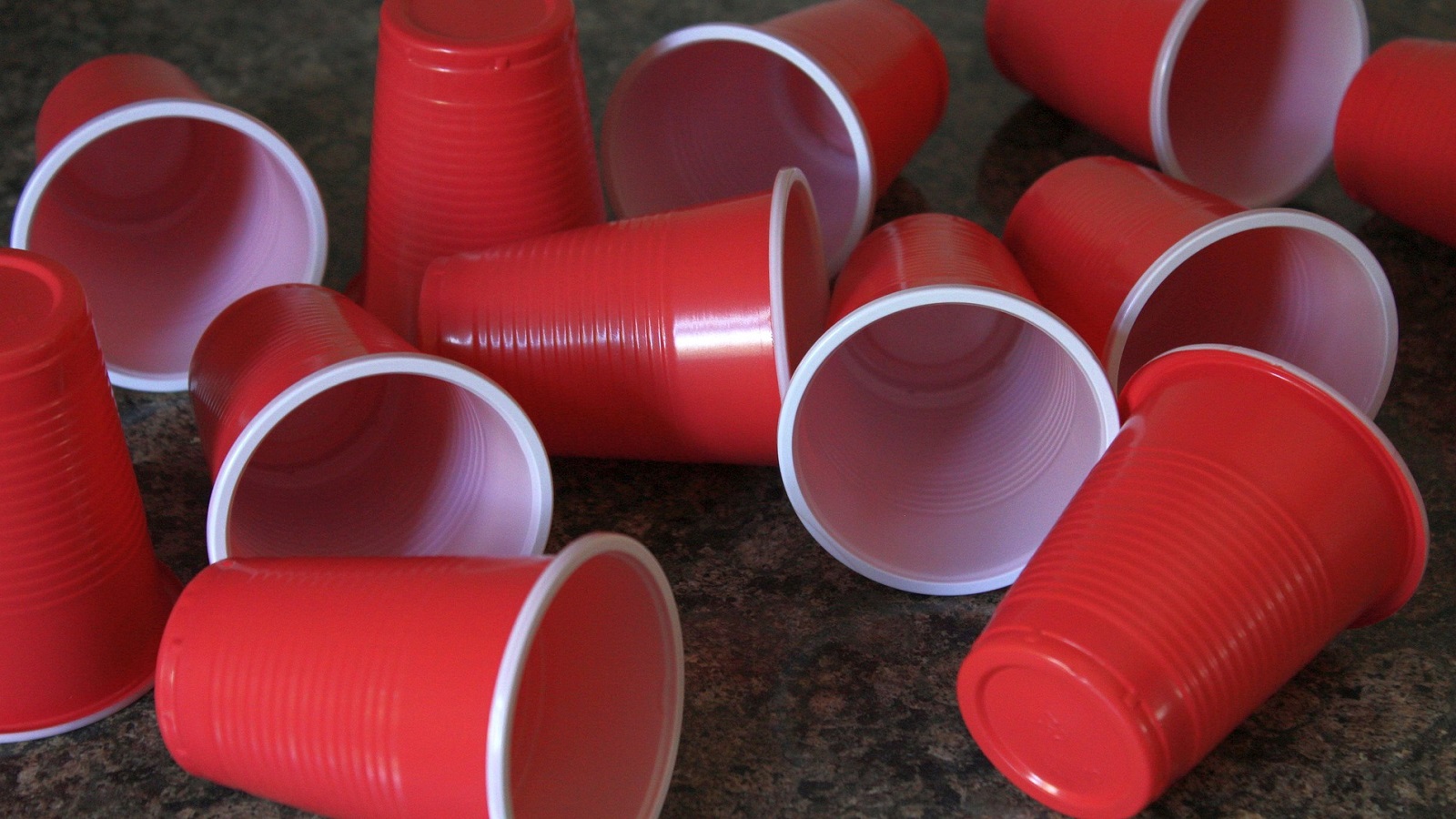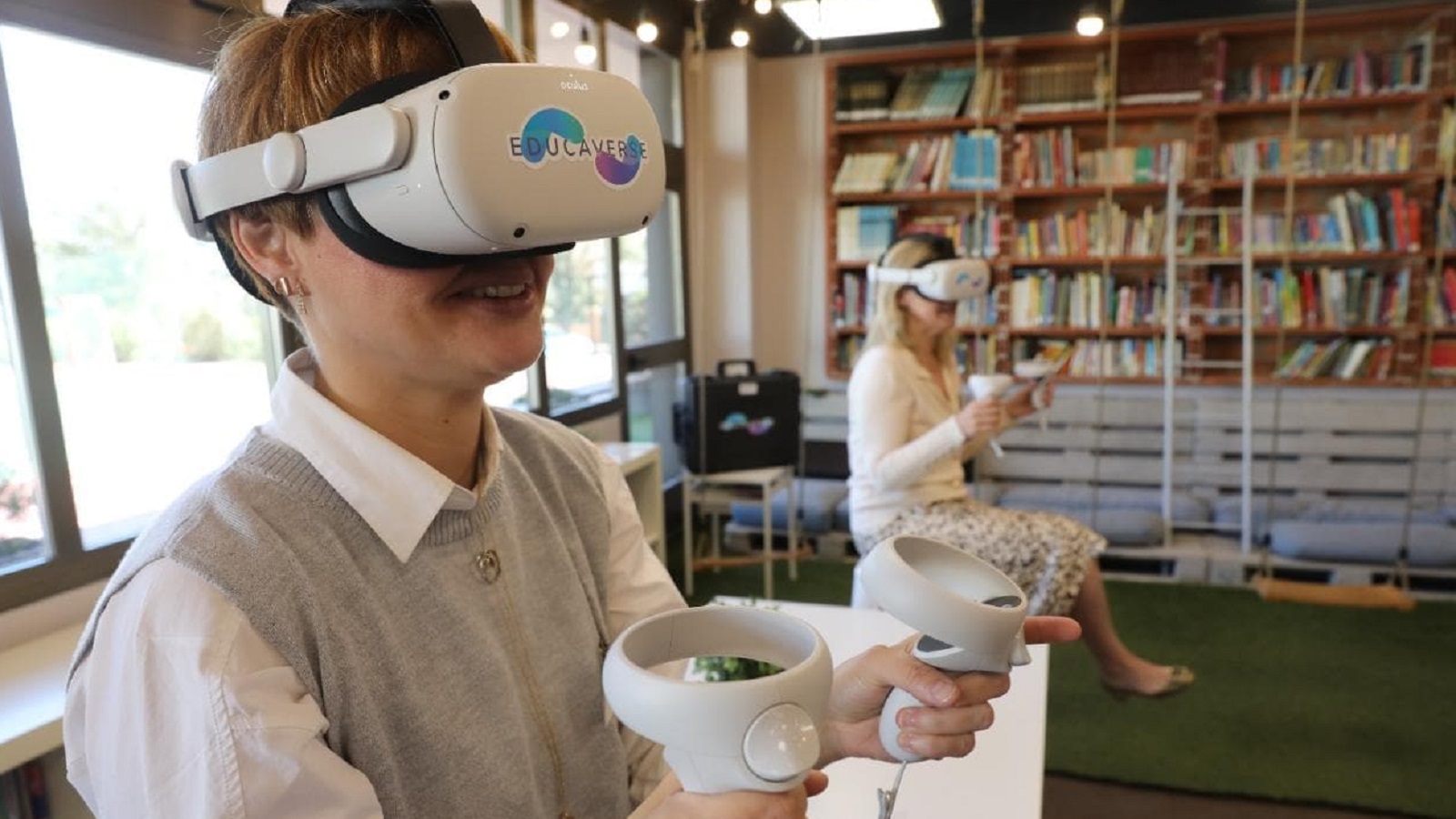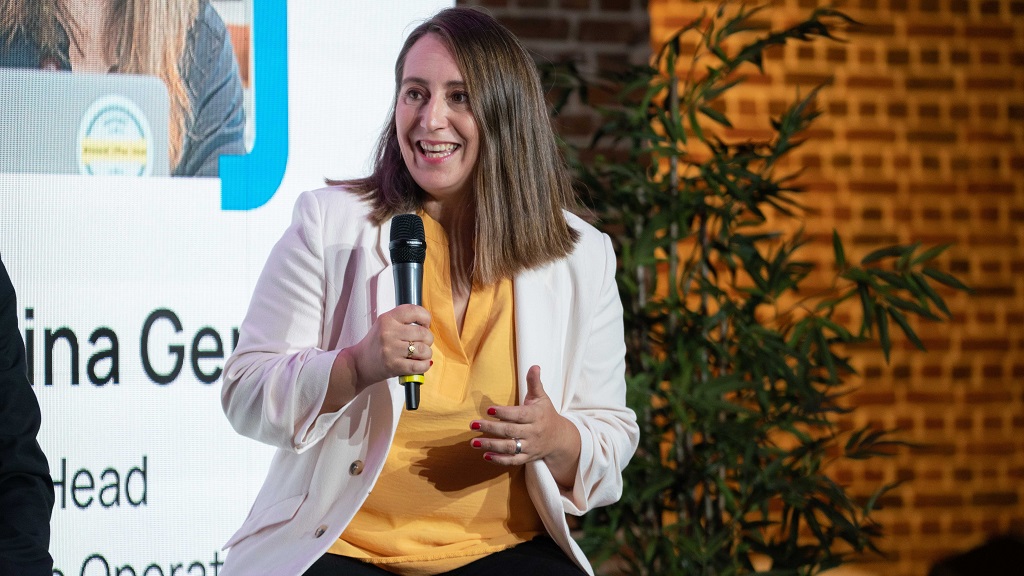
According to the consultancy Ayming, 74% of the collection of the Tax on Non-reusable Plastic Containers comes from manufacturing and food sectors.
This tax, which entered into force on January 1 of this year, taxes the manufacture or intra-community acquisition and import of non-reusable packagingsecondary and tertiary packaging that contains plastic, including, even, the protective films for pallets or bubble wrap used by logistics operators to pack the goods, posing a fiscal risk for the distribution, manufacturing and food industry, of which The different employers’ associations and associations have alerted, which have even submitted requests for a moratorium and which, for the moment, the Treasury does not contemplate.
According to the latest estimates, the Government has the objective of collecting 491 million euros with this tribute. During the first trimester, €96M has been the amount entered by the Treasury and, the increase in collection from February to March (especially in the indicated sectors) has been 75%.
Spain has been the only country in the European Union that has decided to apply this new tax burden, unlike the rest of the states, which have postponed it taking into account the complicated situation that exists internationally and the current scenario of inflation. In the words of Sonia Álvarez, director of the Tax Office of Ayming Spain, “Beyond the obvious loss of competitiveness that Spain and, especially its industry, will suffer, a large number of companies claim to be unaware of how to put their tax obligation into practice. In April, more than 80% of the companies in the sector did not have the necessary processes automated to carry out an effective tax report and declaration, and even a large part of the industrial fabric is not aware that they have to present this tax, which implies a significant increase in the administrative burden for the management of the tax, with the corresponding increase in the fixed costs generated by its management”.
Loss of competitiveness of Spanish companies
The tax is making imports difficult for Spanish companies, since on many occasions the food industry does not manufacture the containers, but rather they acquire them from a third party and, according to Álvarez, “On many occasions, the seller does not know the amount of virgin plastic contained in them. In addition, the main suppliers of the sector are located in Poland, Czech Republic, France or Italyand although they should report the amounts of plastic they contribute to companies, as it is a non-harmonized tax and is not in force in those countries, the reality is that they are not obliged to do so in accordance with their respective legislation, so that obtaining this type of information to quantify the tax base to be declared is complex, to say the least”.
In addition, the administrative cost for companies is another of the obstacles denounced by the sector, since it has been forced to modify all the systems due to the difficulty of their administrative management and even to hire or dispense with staff, since according to the Treasury, It is essential to register a representative who records the necessary information regarding virgin plastic.
In the words of Sonia Álvarez “Despite the fact that we suspect that, at this time, the Tax Agency does not have sufficient resources to carry out inspections that achieve reasonable economic objectives, the figures for this first quarter have not surprised us, since large consumption and food are the ideal sectors of activity to test the collection, despite the fact that they are still recovering from the different circumstances that they have faced”.



